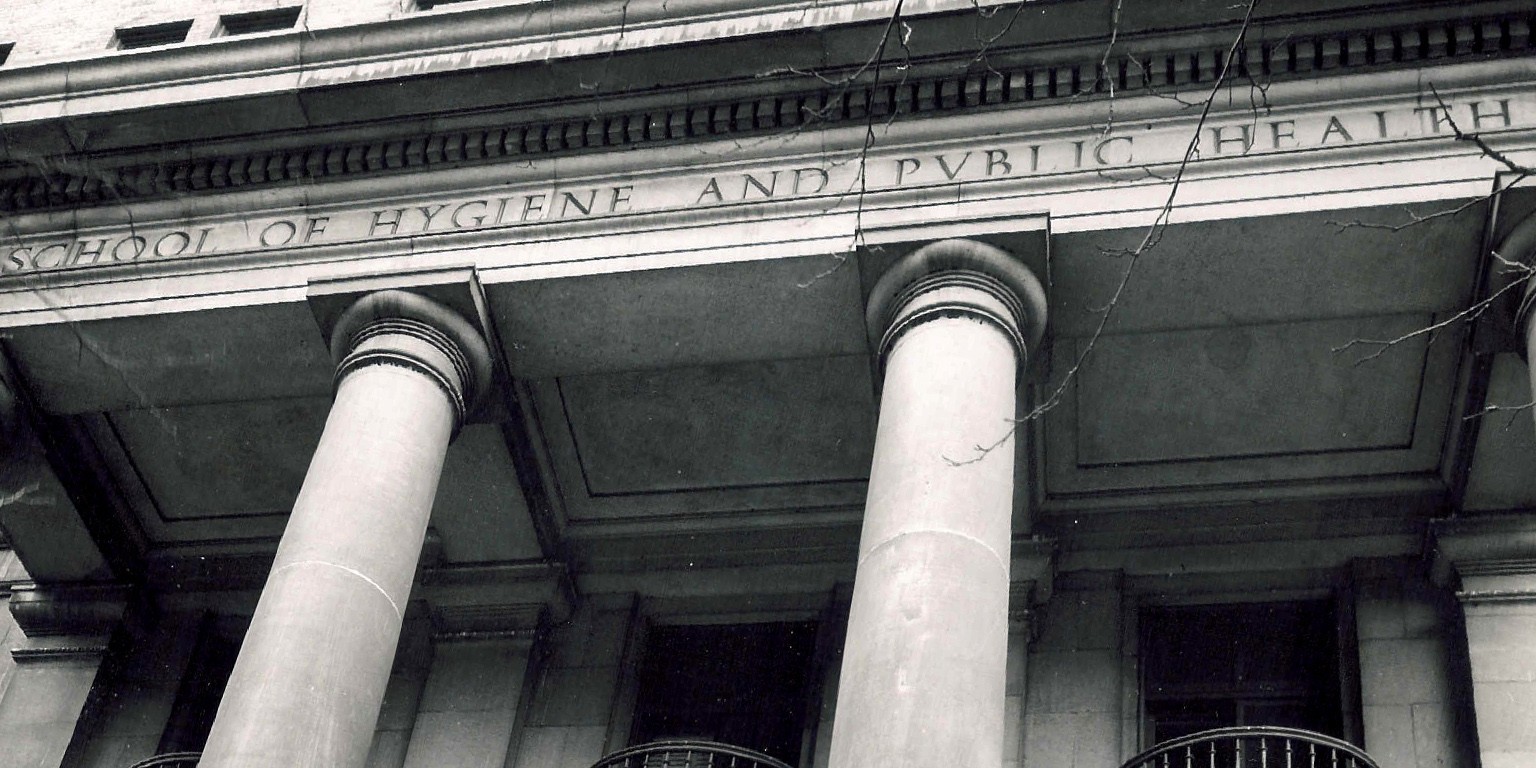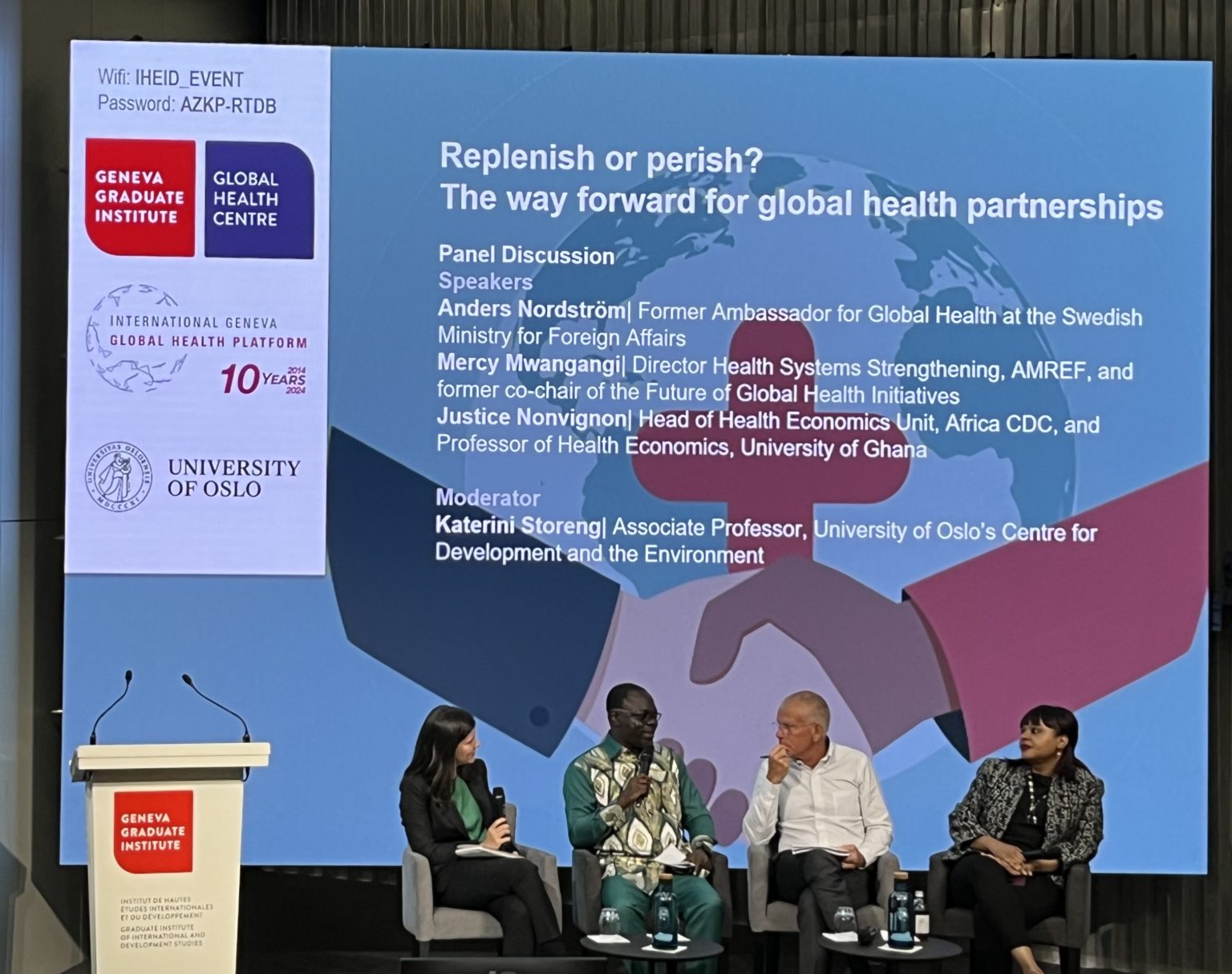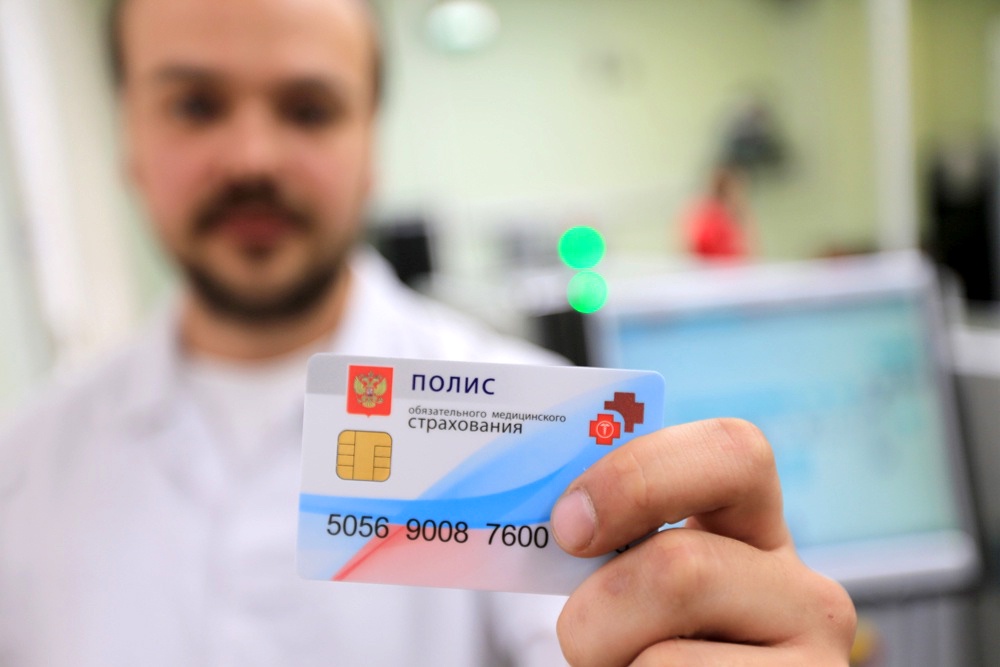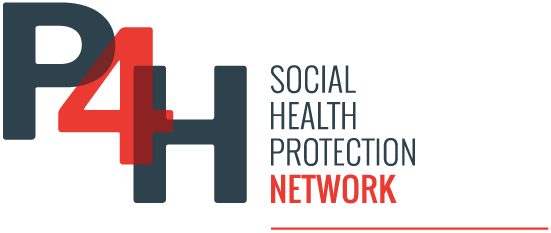
Johns Hopkins Bloomberg School of Public Health hosts global health systems summer institute in disease and program costing
Johns Hopkins Bloomberg School of Public Health offers an online summer course in Disease and Program Costing, enhancing skills in global health economic impact assessment. The Department of International Health at the Johns Hopkins Bloomberg School of Public Health...
Cost-effectiveness of life course immunization: Global discussion paper and review of the evidence
The International Longevity Centre's project compiles evidence on vaccine cost-effectiveness to advocate for prioritising vaccination in global health and finance decision-making. This global project, led by the International Longevity Centre, brings together the...
Future health expenditures and its determinants in Latin America and the Caribbean: a multi-country projection study
Future health expenditures in Latin America and the Caribbean are projected to increase significantly, driven primarily by economic growth and technology, highlighting the need for efficient resource use and expenditure control. The article "Future Health Expenditures...

Philippine Health Insurance Corporation increases benefits for heat-related illnesses
Philippine Health Insurance Corporation (PhilHealth) increases benefit package for heat-related illnesses by 30 percent due to continued extreme heat nationwide.The benefit package for heat-related illnesses (e.g., heat stroke, heat cramps, heat exhaustion) includes...

Health Policy Watch article highlights debate on the future of global health initiatives
Experts argue that global health initiatives like Gavi and the Global Fund need to devolve more responsibilities to countries and improve transparency and accountability to ensure sustainable and effective health financing. In a recent article published on Health...
Financing for pandemic preparedness and response measures: A systematic scoping review
Paper highlights the need for a comprehensive, globally coordinated approach to pandemic preparedness and response financing, emphasizing equity, innovation, and robust legal frameworks, while evaluating financial instruments.Researchers from Tecnológico de Monterrey...
Political economy dichotomy in primary health care: bridging the gap between reality and necessity
Addressing the political economy dichotomies in primary health care investment is crucial for establishing equitable, high-quality, and trusted health systems that meet the comprehensive needs of populations. The article "Political Economy Dichotomy in Primary Health...
Assessment of the Cambodian National Social Security Fund’s health insurance schemes
This study aims to analyse the design, operation and achievements of the health insurance schemes of the National Social Security Fund (NSSF) in Cambodia, and to propose options and ideas for improvement. The research was conducted in consultation with NSSF...
Catastrophic health expenditure and health-related quality of life among older adults in Shandong, China: the moderation effect of daily care by adult children
This study aims to examine the relationship between catastrophic health expenditure and health-related quality of life in older people, and to explore whether the daily care provided by adult children is a moderator in this relationship in in Shandong Province, China....

Federal health insurance fund is streamlining information systems of regional insurance funds to create a single federal-level information system
The transfer of the functionality of regional information systems to the federal level and the aggregation of data from all regions is a key task for the Federal Mandatory Health Insurance Fund (FOMS) in the field of digital transformation. This was stated by Federal...
Securing access to long-term care without hardship as an integral part of universal social protection systems
Universal social protection is essential for ensuring access to long-term care and preventing financial hardship, especially in low- and middle-income countries says this policy brief by ILO. This policy brief highlights the importance of securing access to long-term...
States General on Health-Guinea 2021
Key question: Does the current healthcare financing system improve access to care? How else can we achieve this and guarantee the government's policy of fairness?To answer this question, we will examine the current level of healthcare expenditure, the evolution of...
Press release: High-level workshop on health financing reforms in Morocco
Finance ministries in EMRO/MENA countries are pushing for greater efficiency in health-related funds, recognizing the need for better coordination and alignment between the various stakeholders.The objectives are : Stakeholder collaboration: Foster a dynamic exchange...

Severe budget cuts in Kenya threaten health crisis and UHC goals
News by Gilbert Nakweya published in the BMJ Journal on the 23rd of May reports that Kenya is on the brink of a severe health crisis, with the government planning to slash the health budget by two-thirds in the next financial year.Nakweya highlighted the following...
Nigeria National Health Insurance Authority Act 2022
In 2022, Nigeria enacted the 2022 National Health Insurance Act, marking a pivotal step towards comprehensive healthcare reform. The new legislation ensures that every Nigerian can access affordable and quality health services. Key highlights of the Act include:...
